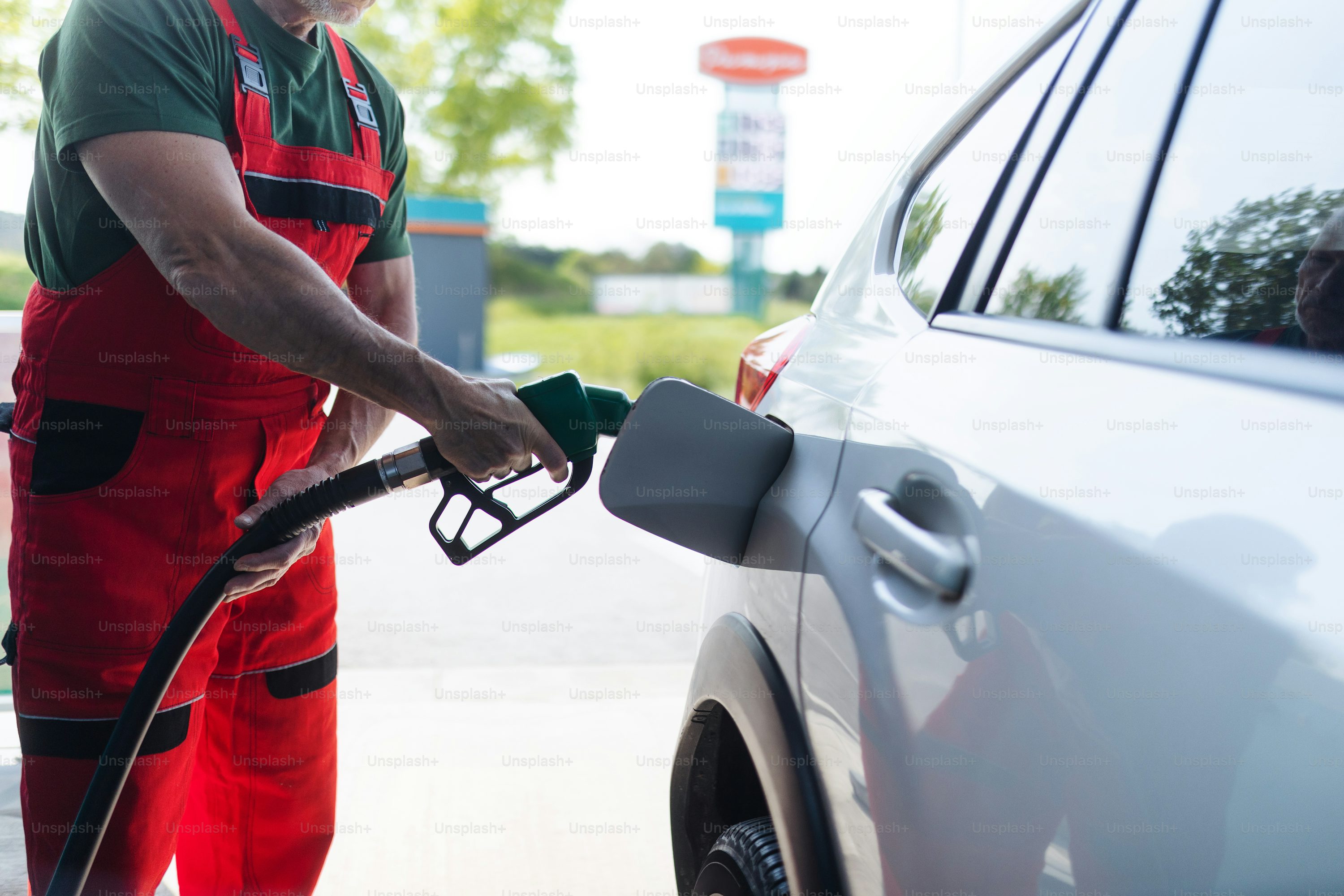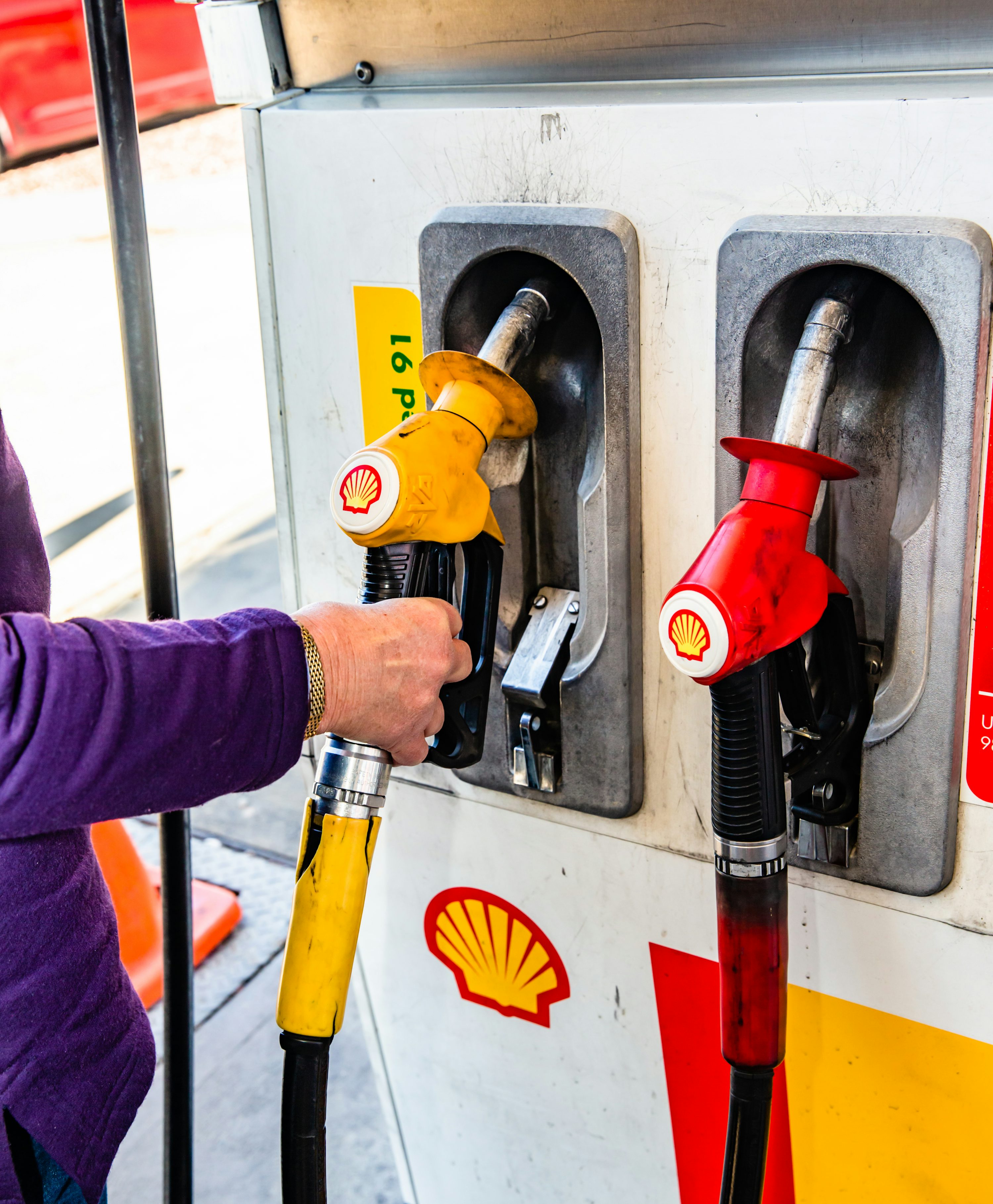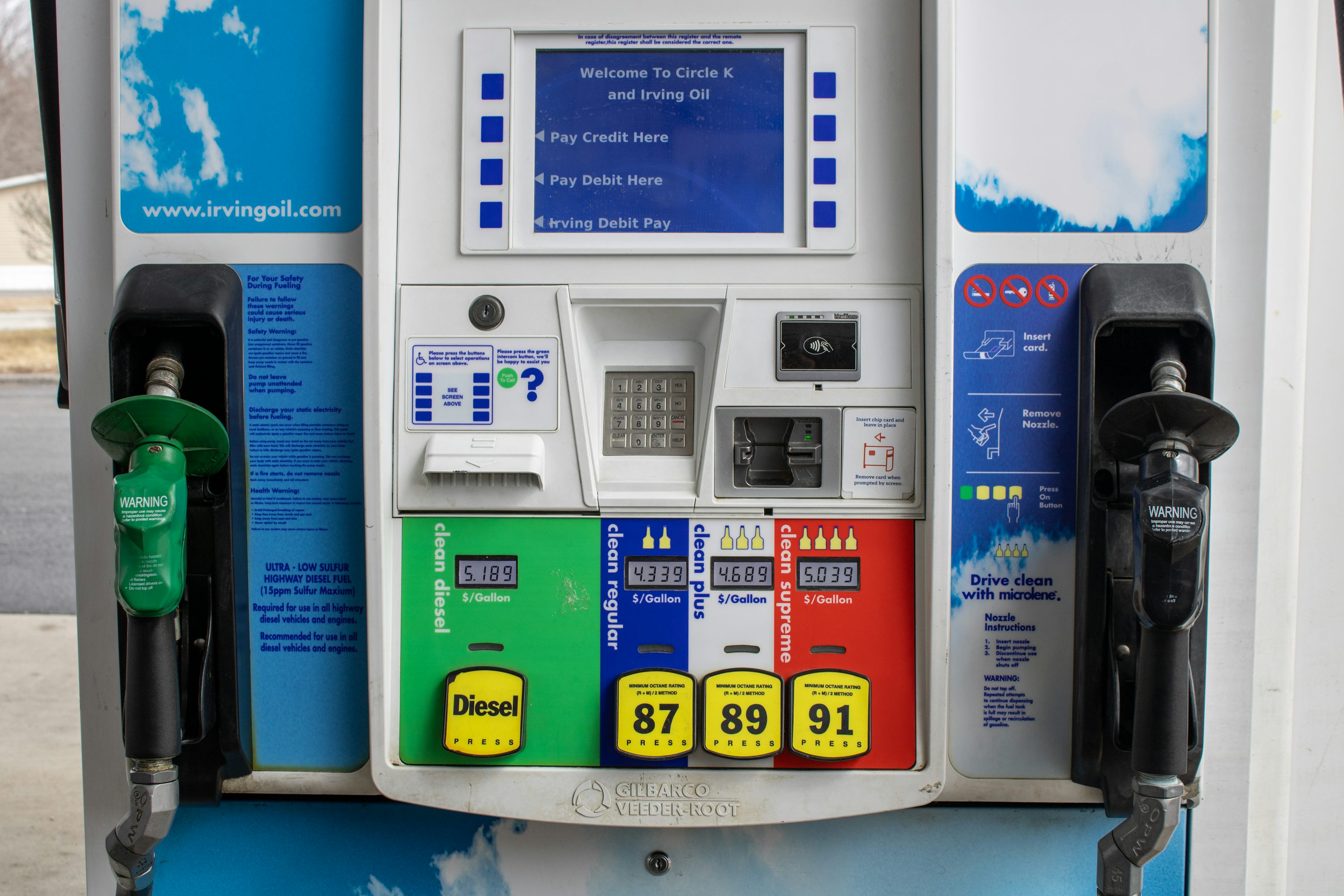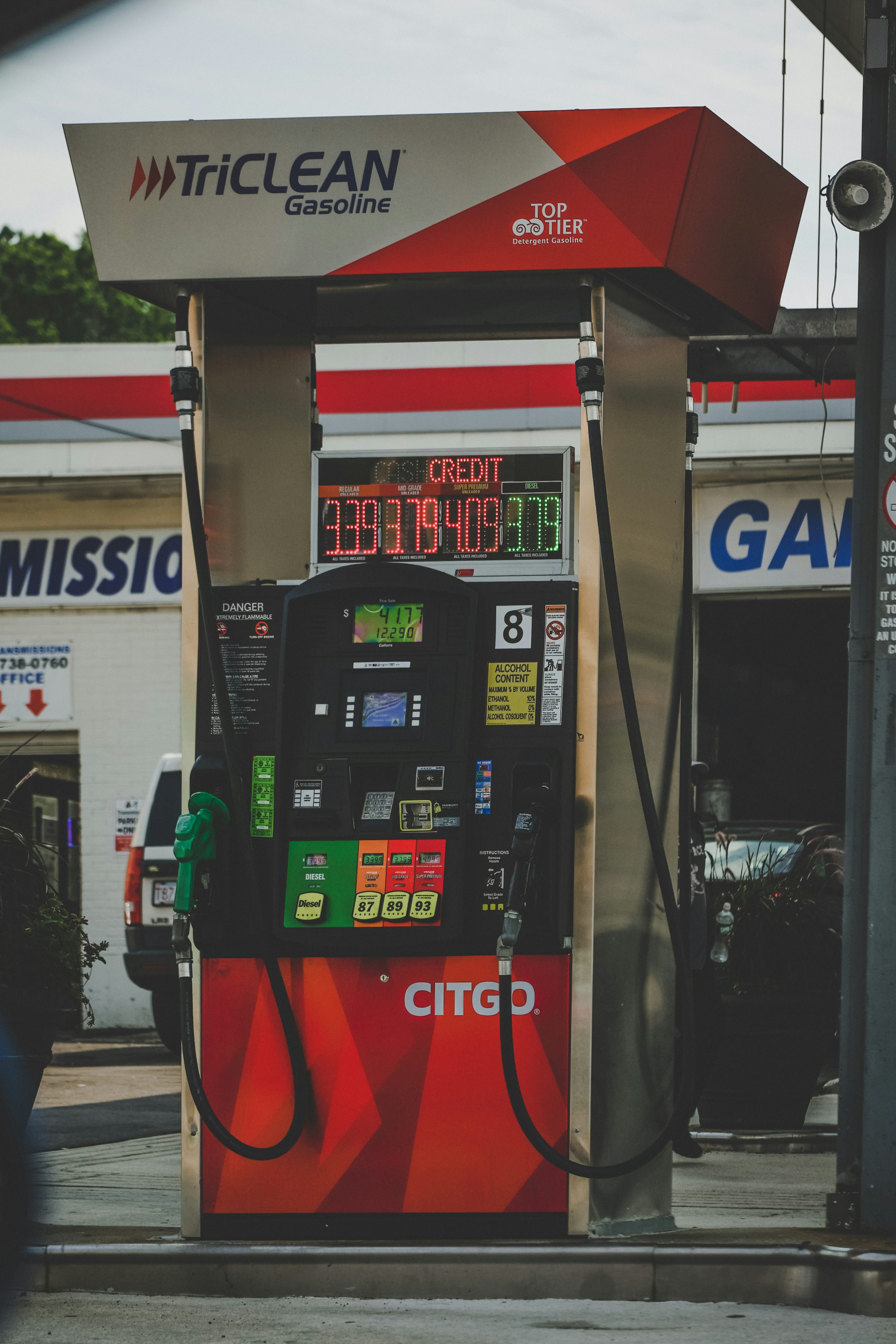- Why Fuel Prices Hit Your Wallet Harder Today
- Smart Driving Habits for Lower Fuel Costs
- Choosing Vehicles and Tech for Fuel Savings
- Daily Steps to Reduce Your Overall Spending
- FAQ
Fuel costs are a concern for nearly everyone, especially with recent increases putting extra pressure on household budgets. Whether you're a daily commuter, a traveling professional, or simply running errands, rising gas prices make saving money a top priority. In this guide, we’ll explore actionable ways to reduce your fuel spending without compromising your lifestyle.
Why Fuel Prices Hit Your Wallet Harder Today
Recent fluctuations in global oil markets have driven fuel prices higher. These changes can feel immediate at the gas pump, affecting daily activities for millions of drivers. Understanding what drives these costs can help you identify opportunities to save.
Key Factors Driving Higher Costs
Global Supply and Demand: International oil supply disruptions have ripple effects worldwide.
Transportation Expenses: Shipping crude oil and refined fuels contributes to end-user costs.
Regional Taxes: Many countries add local or federal taxes that vary widely.
Economic Trends: High demand in growing markets often increases prices for everyone.
Smart Driving Habits for Lower Fuel Costs
Small adjustments in driving behaviors can lead to big savings. Even a slight change to your daily habits can make a noticeable difference over time.
Make Simple Changes Behind the Wheel
Drive at steady speeds and avoid sudden accelerations or hard braking.
Keep speeds moderate, as fuel consumption peaks above 90km/h.
Use cruise control on highways to maintain efficient speeds.
Plan larger trips together, reducing the overall time spent driving.
Keep Your Car Running Well
Maintain the correct tire pressure; monthly checks can prevent unnecessary losses.
Service your vehicle on schedule; clean air filters and tune-ups improve efficiency.
Choose the motor oil grade specified by your car's manufacturer.
Choosing Vehicles and Tech for Fuel Savings
Switching to more fuel-efficient or innovative vehicle types minimizes your long-term costs. Carefully weigh your options when considering new purchases.
Car Type | Key Fuel-Saving Feature | Typical Savings Benefit |
|---|---|---|
Hybrid Models | Gas and electricity combination | Significantly reduced fuel costs |
Compact Cars | Lightweight, smaller engines | Lower fuel consumption overall |
Modern Engines | Smart features like auto-stop | Minimizes idle fuel waste |
Daily Steps to Reduce Your Overall Spending
Combining clever budgeting techniques with informed decisions can stretch every dirham or riyal you spend on fuel.
Track Prices and Shopping Smarter
Regularly check fuel price tracking apps for the best rates nearby.
Participate in loyalty programs offered by gas station chains.
Pump during cooler times of the day when denser fuel fills tanks better in some cases.
Think Beyond the Fuel Pump
For short distances, consider walking or biking instead of driving.
Ride-sharing for routine errands or commutes minimizes wear on your own vehicle.
Work-from-home arrangements could eliminate commute expenses altogether.
FAQ
Q: Will fuel prices go down soon?
A: Fuel prices fluctuate based on global supply, local taxes, and transportation costs. While reductions may happen occasionally, focusing on consistent saving techniques is a reliable strategy.
Q: Is switching to electric worth it just for fuel cost?
A: Electric vehicles help avoid rising fuel costs, but upfront pricing and electricity fees vary. Compare total expenses like charging rates, purchase prices, and maintenance to see what works best long-term.
Q: What is the one best way to use less fuel?
A: Smooth, consistent driving habits are the most effective way to consume less fuel, as sudden stops and starts waste unnecessary energy compared to steady movement.
Read More:











